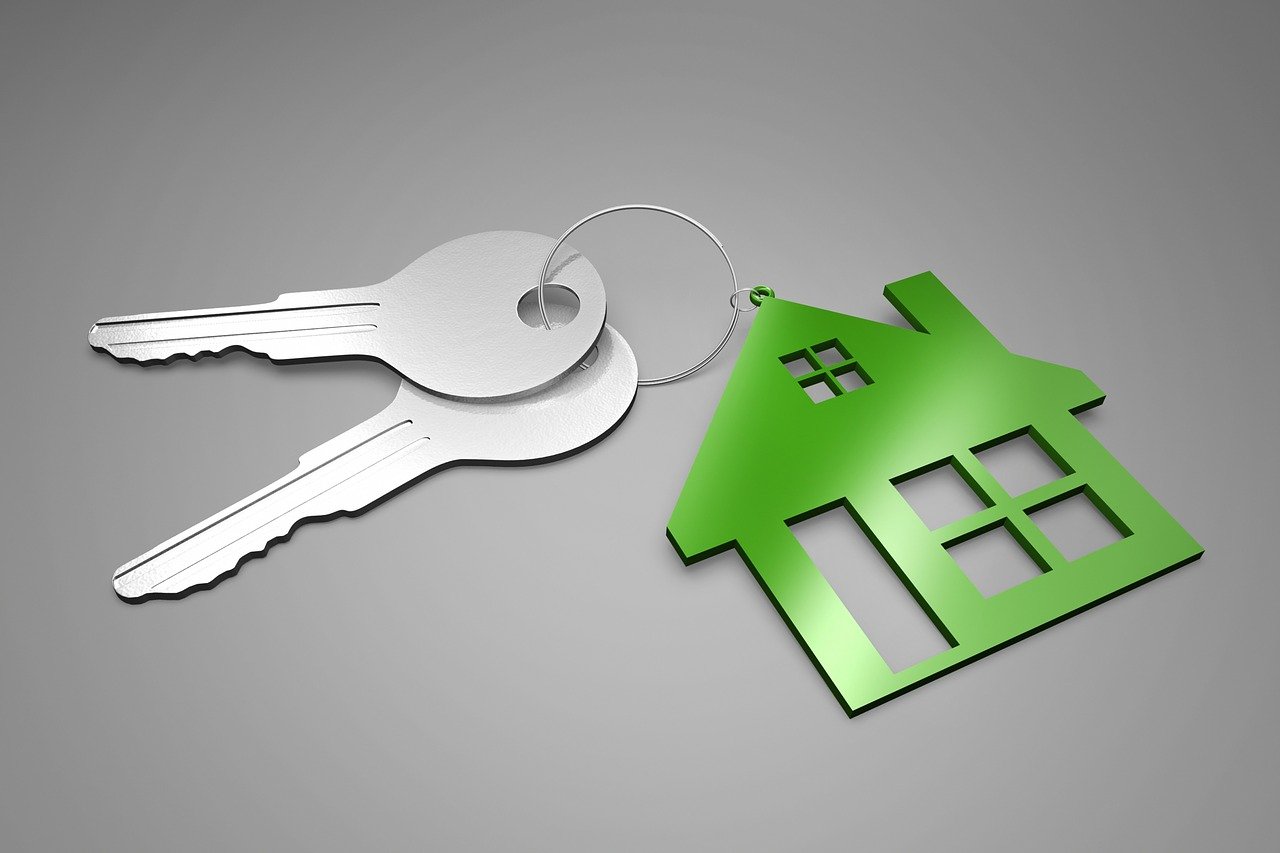Increasingly, people are turning to property investment as a way to generate passive income. With an occupied property, you can hypothetically collect more in rent than you pay in regular monthly expenses, ultimately resulting in a monthly profit. On top of that, you can benefit from property appreciation and make an even bigger profit when it’s time to sell the property.
Of course, being a landlord is harder and more stressful than it seems. Keeping the property occupied and in good shape can be a struggle, and occasionally, you’ll have to deal with problematic tenants.
So what steps can you take to make your life as a landlord easier?
Hire a Property Management Company
Your best bet is to hire a property management company. No matter what type of property you own or what its condition is, a property management company will step in to help you take care of it. Services vary, but most firms take care of finding tenants, screening tenants, handling repairs, collecting rent, resolving disputes, and even managing evictions (when necessary). In exchange, you’ll pay a percentage of the gross rent you generate each month. It may cut into your profits slightly, but it will save you hours of work and countless headaches every month.
Choose the Right Property
You can also minimize the stress and work you face as a landlord by choosing the right type of property from the outset.
Consider:
- Location. Think about where the property is located. If you’re going to be the one conducting maintenance, handling repairs, and visiting the property regularly, it’s a good idea to choose a property that’s close by. If you have to drive an hour every time the tenant asks for a repair to be made, you’ll quickly find yourself exasperated.
- Age. You’ll also want to think about the age of the property. Generally speaking, older homes tend to have more problems than newer homes. Systems like electrical wiring and plumbing may be practically outdated, and they may be more susceptible to damage. In other words, you’ll be handling more maintenance and repair requests.
- Style. Different types of properties offer different challenges. If you’re working with a single-family property, you may have less total income, but you’ll also have fewer complexities to deal with.
Screen Your Tenants Carefully (and Work to Keep Them)
It’s tempting to fill your property as quickly as possible; after all, every month it remains unoccupied is a month of expenses you’ll have to pay without any income to supplement it. However, it’s usually better to take your time and screen your tenants carefully. Waiting for a quality tenant can be worth waiting another month or two.
Look for tenants with a solid credit history, proof of employment (and/or income), low levels of existing debt, and no prior evictions.
Then, when you have good tenants in place, do what you can to keep your tenants happy. Talk to them on a regular basis and make them feel comfortable coming to you with requests or issues. Reward them for paying rent consistently on time. Do what you can to upgrade the property.
Work With a Lawyer
Some of the biggest headaches you’ll face as a landlord will be legal issues. If you ever find yourself in a legal battle with a tenant, you’ll have weeks, if not months of work ahead of you—and expensive fees on top of it.
The best way to resolve this issue is to work proactively with a lawyer. Make sure you have a thorough understanding of the laws that dictate property rental in your area, and don’t violate those laws. Create a rock-solid rental agreement for your tenants, and state specific policies on things like rent payments, occupancy limits, the terms of the tenancy, deposits, quiet hours, pets, fees, and how repairs and maintenance are handled. If it’s spelled out in the rental agreement and it’s legal, it’s pretty airtight.
Resolve Problems Quickly
Finally, try to resolve problems quickly. Small problems tend to snowball quickly in the world of property management; a small crack in the wall can easily become a large one, and a mildly irritated tenant can quickly become an irate one. When you notice something that needs to be repaired or corrected, step in to do it, and don’t procrastinate. Additionally, work with your tenants to resolve issues collaboratively and in a mutually agreeable way.
Becoming a landlord may be tough, but it’s certainly manageable with the right strategies. Start your path as a landlord with the right mentality, acknowledging the challenges and being ready for them. And if you don’t want all the extra work that comes with being a landlord, just hire a property management firm and be done with it.







